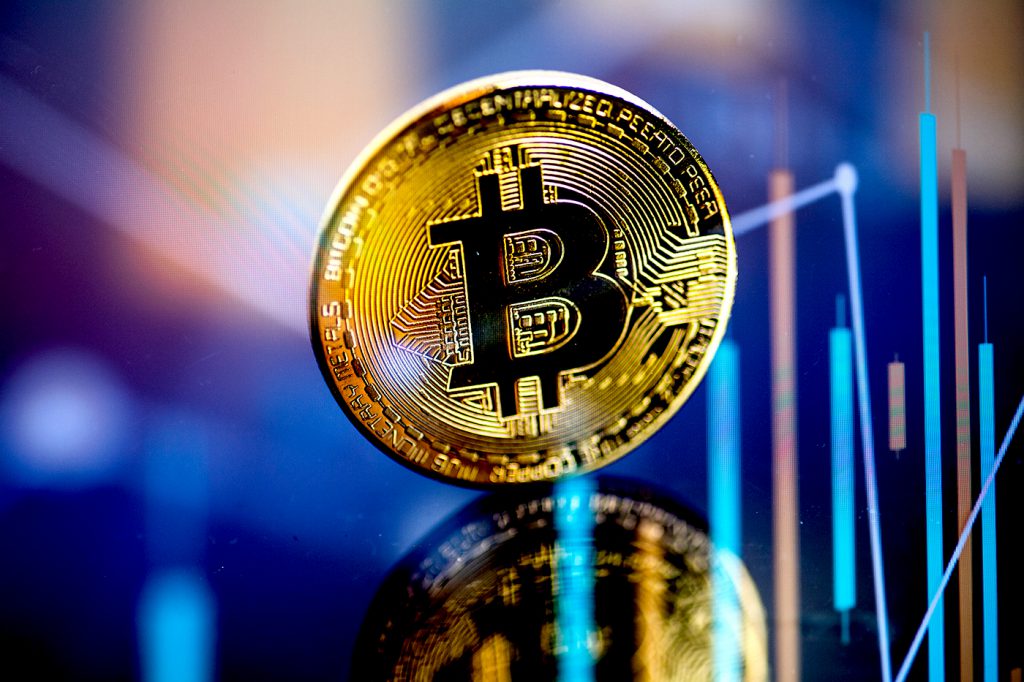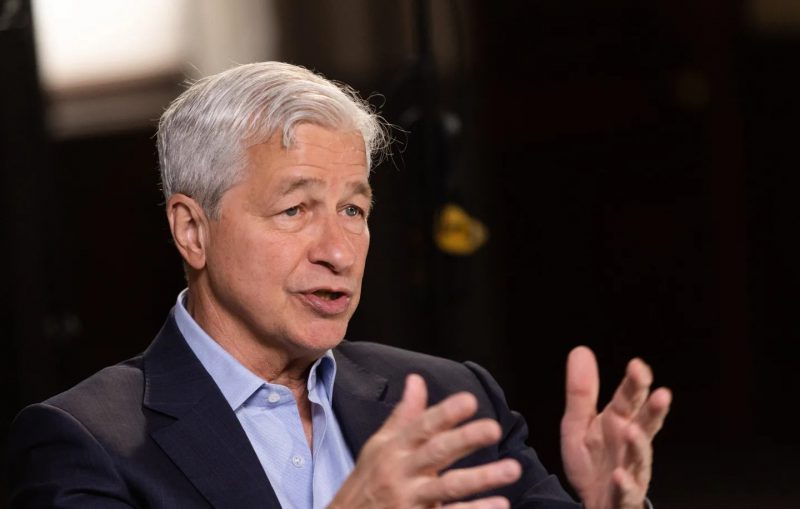In a continuation of the executive’s position against the asset, JP Morgan CEO Jamie Dimon recently said Bitcoin is a “fraud” and a “Ponzi scheme” while discussing the cryptocurrency. Speaking to Bloomberg TV, Dimon did not mince words when giving his perspective on the asset’s place in the market.
Dimon called Bitcoin a scam and ultimately noted his expectations that it would fail for those who believe it is a currency. However, he did discuss how the asset could be utilized, noting that it does serve a purpose for the modern financial market.
Also Read: JP Morgan: 78% of Institutional Traders Not Interested in Crypto
JP Morgan CEO Says Bitcoin Has No Hope as a Currency
Just a few months into 2024, Bitcoin has seemingly taken center stage in the financial sector. The US Securities and Exchange Commission (SEC) approved the first of its kind Spot Bitcoin ETFs in January. Moreover, the Bitcoin Halving event is slated to take place at the end of this week.
However, its performance has left many of its detractors unmoving in their stance against its potential. Among them is JP Morgan CEO Jamie Dimon, who has recently called Bitcoin a “fraud” and a “Ponzi Scheme” in a new interview with Bloomberg.


Also Read: JP Morgan Warns of a Major Recession in the US With 8% Interest Rates
“If you mean crypto like Bitcoin, I’ve always said it’s a fraud,” Dimon said on the Bloomberg TV program this week. “If they think they’re a currency, there’s no hope for it. It’s a Ponzi scheme” he added. However, he did also discuss the purpose that the token could serve in modern financial markets.
The statement does not differ from the hard stance that Dimon has long taken against Bitcoin. However, it varies from JP Morgan’s stance throughout the last several months. In December, BlackRock announced that the investment bank would serve as an Authorized PArticiapnt (AP) for its Spot Bitcoin ETF.
The position represents an ongoing dichotomy between Bitcoin observers and investors. Some recognize its overall technological importance to development in the sector. Yet, they still maintain that it is not a viable currency in the grand scheme. To this point, the token has not ceased the practice of often proving its doubters wrong.





